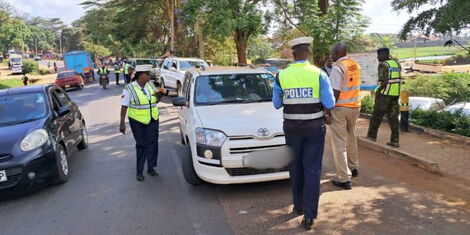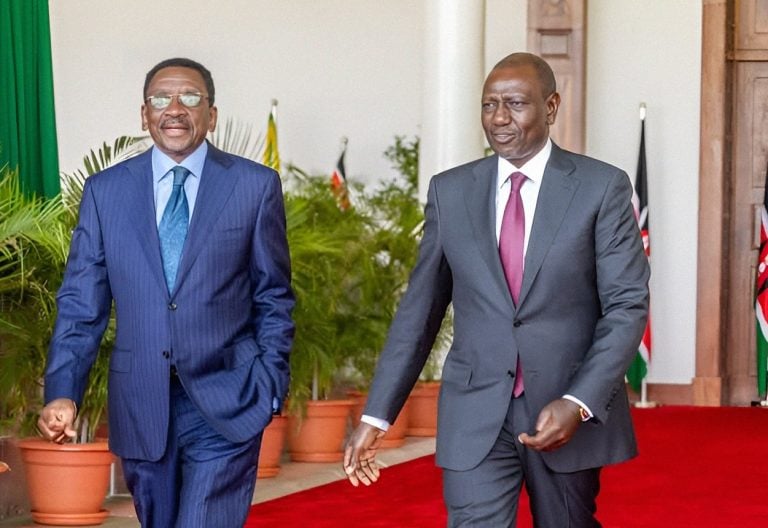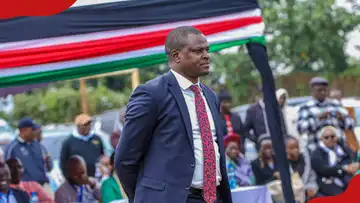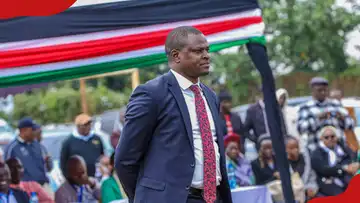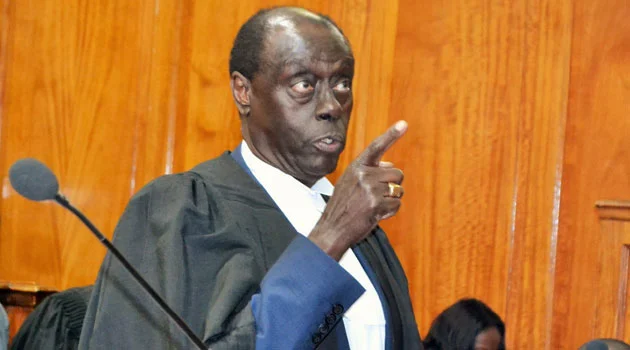
In a move that threatens to escalate tensions between Kenya’s legal fraternity and the executive, seasoned lawyer Paul Muite has petitioned the High Court to impose a two-year jail sentence on President William Ruto and Attorney General Justin Muturi, accusing them of contempt of court.
Muite, a prominent Senior Counsel with a track record in constitutional litigation, argues that both the President and AG flagrantly violated a judicial directive when they failed to halt parliamentary proceedings—despite a standing court order restraining debate on amendments related to the Kenya Kwanza Finance Bill.
“Knowledge of a court order is absolute. Disregarding it undermines the rule of law,” Muite stated, emphasizing the seriousness of the offense.
The alleged contempt stems from the executive’s decision to proceed with parliamentary debate and amendments even after the High Court had imposed a conservatory order targeting those very discussions. Muite contends that Ruto and Muturi acted in deliberate defiance of the court’s authority, necessitating custodial punishment .

This marks a bold escalation in the ongoing constitutional tug-of-war. Earlier conflicts over the Finance Bill prompted mass protests, the bill’s eventual withdrawal, and wide-ranging political concessions by the government. Now, the stakes have grown higher: the senior lawyer is seeking jail sentences—arguably life-changing consequences for sitting officeholders.
If the court accepts Muite’s petition, the legal precedent could reshape the boundaries of executive accountability and judicial authority in Kenya. It poses fundamental questions: Can sitting leaders be held accountable for contempt? And if so, will Kenya’s legal system uphold those principles when they apply to the powerful?
The High Court is expected to review the petition within the coming weeks. As public interest intensifies, the case may determine whether Kenya’s constitutional democracy can enforce judicial rulings against its highest officeholders—or if power will continue to shield them from the consequences of their actions.


